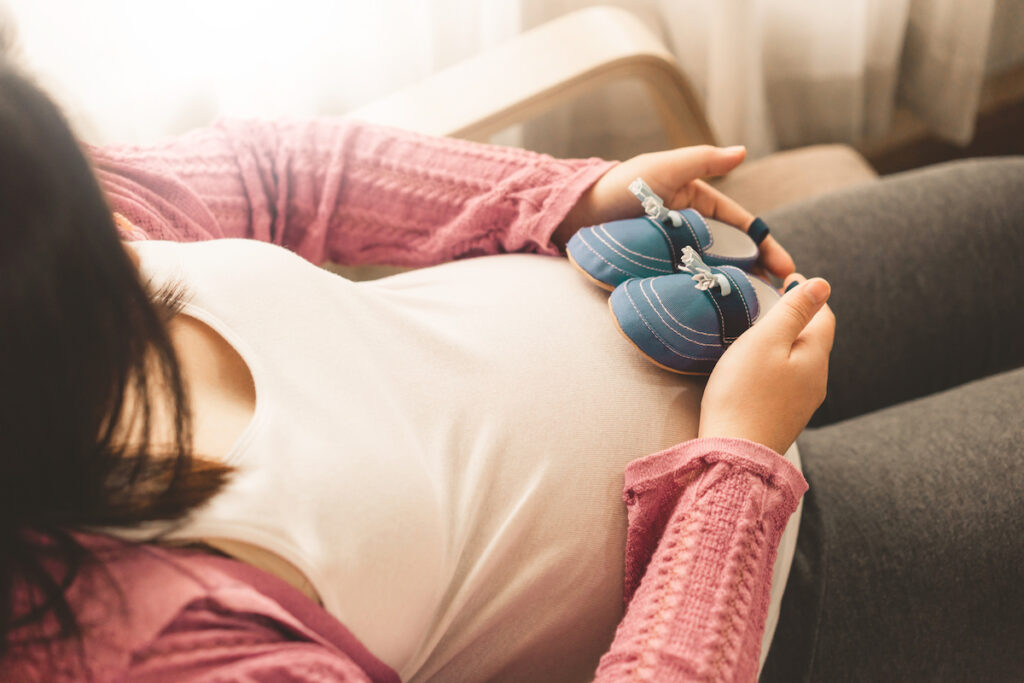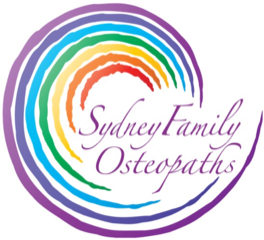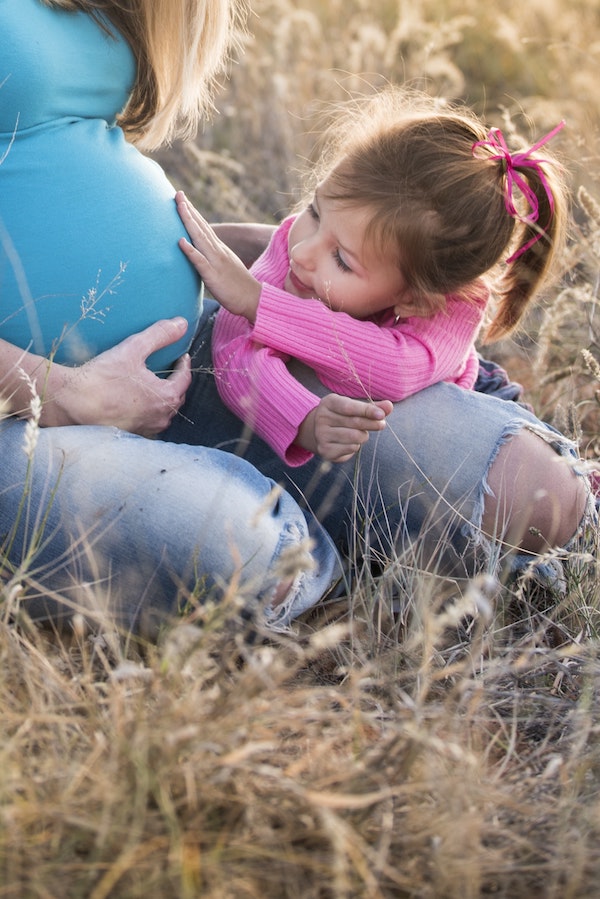
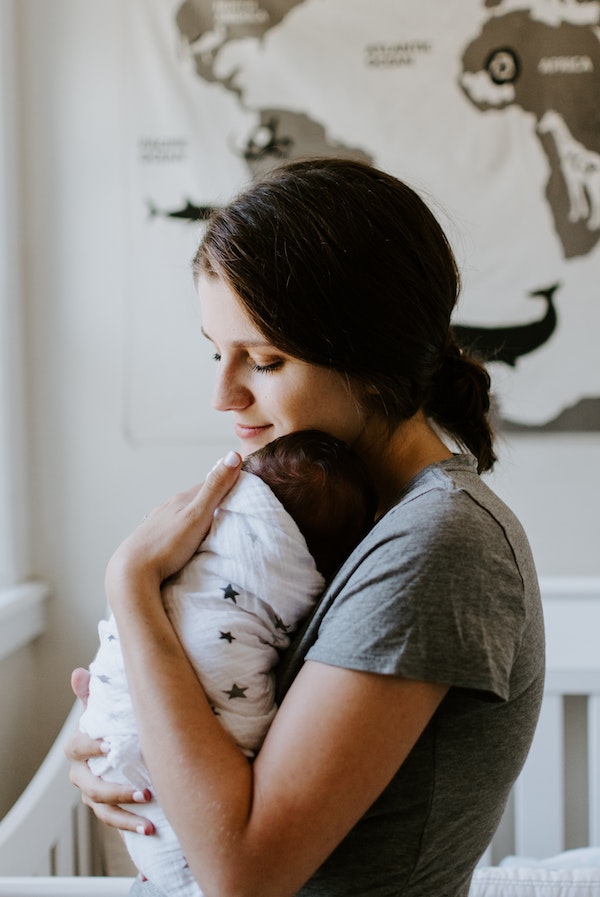
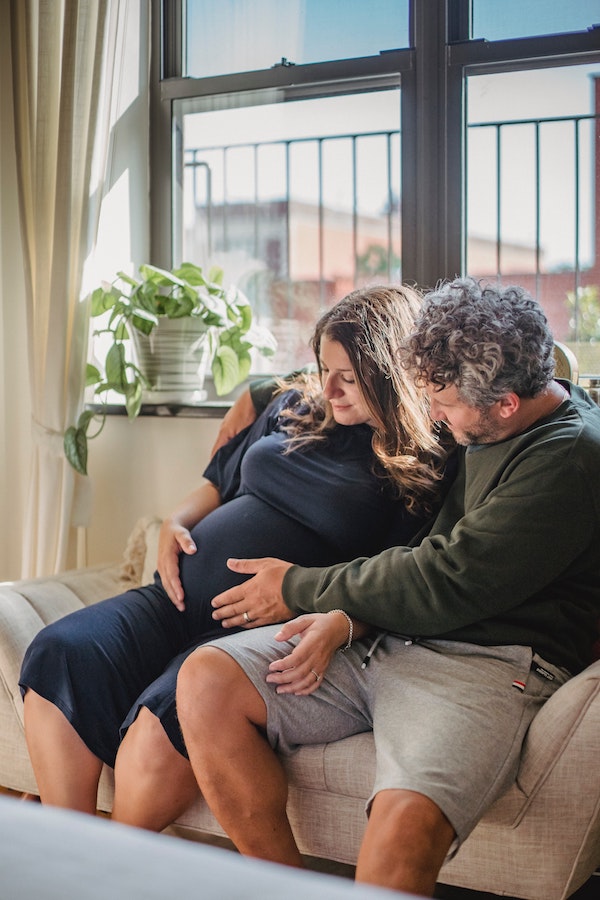
How can our osteopaths support your new family?
Before falling pregnant
Osteopaths assess for and identify musculoskeletal movement, movement adaptations postural or positional issues that may impact a women’s bodily capacity to carry a child and/or the birthing process. Our team has been part of the local health community for several years and has a network of other health professionals that she can refer you to if other help is needed for fertility management, education or health promotion.
During your pregnancy
We can help you maintain your physical goals during your pregnancy, help your body adapt to postural changes that occur within the different trimesters, and help resolve any musculoskeletal issues that may arise, such as back or pelvic pain.
We may also develop a management plan, consisting of exercises, movement based approaches and manual therapies targeted to aspects of your body needed to prepare you for optimal birthing outcomes.
Another aspect of the work undertaken by osteopaths supporting new families is what is known as ‘biopsychosocial support’. Kathryn works with women and their partners to screen for flags that may need immediate referral to other health professionals and assist in connecting women to appropriate social support.
Preparing for birth
We work with women across all trimesters of pregnancy to prepare the physical body, including muscles and soft tissues for strength and durability throughout the pregnancy.
In the last trimester, we will work with you to put management strategies in place to support you and to help you recover as quickly and easily as possible after your baby is born. We work to support women in the minimisation of labour pain, pelvic floor management, load management and comfort using exercise programming, positioning advice, movement options, and other non-pharmacological approaches.
After your baby is born
After the birth of your child, we will assess physical components of your body that have been impacted or weakened by the birthing process, any traumas sustained, and develop a management plan to strengthen and condition the impacted areas.
Pelvic floor screening and physical external exams for related pelvic injuries or prolapse issues is often an aspect of the assessment and management plan. Where necessary, a referral is given to other practitioners able to perform internal screenings.
We may perform ergonomic assessments to identify load bearing or carrying concerns. When performed, a management plan would include positional, postural, or environmental prescriptions to improve performance of daily tasks and parental activities. Ergonomic assessments are individualised and relate to the lifestyle and activities of each woman and/or their partners.
We will also take a health history for issues such as post-natal depression, urinary incontinence, mastitis or post birth complications (e.g. haemorrhage or infection) that may need immediate referral to another health professional. If you need support from another health professional we can make recommendations and support you in buidling the right team to support you and your new family.
Is all pelvic pain related to having babies?
No, not always. Many women and men suffer from pelvic pain and pelvic floor muscle problems. Pelvic issues can be experienced by a variety of people including athletes, soccer players, people weight training in gyms, regular runners, and those that sit for long periods of time.
We may design an exercise program targeted to the pelvic floor and/or apply manual therapies directed to the pelvic region. Some pelvic floor conditions may require a referral to a pelvic floor physiotherapist as they can perform internal techniques. If this is required we can provide local recommendations for you.
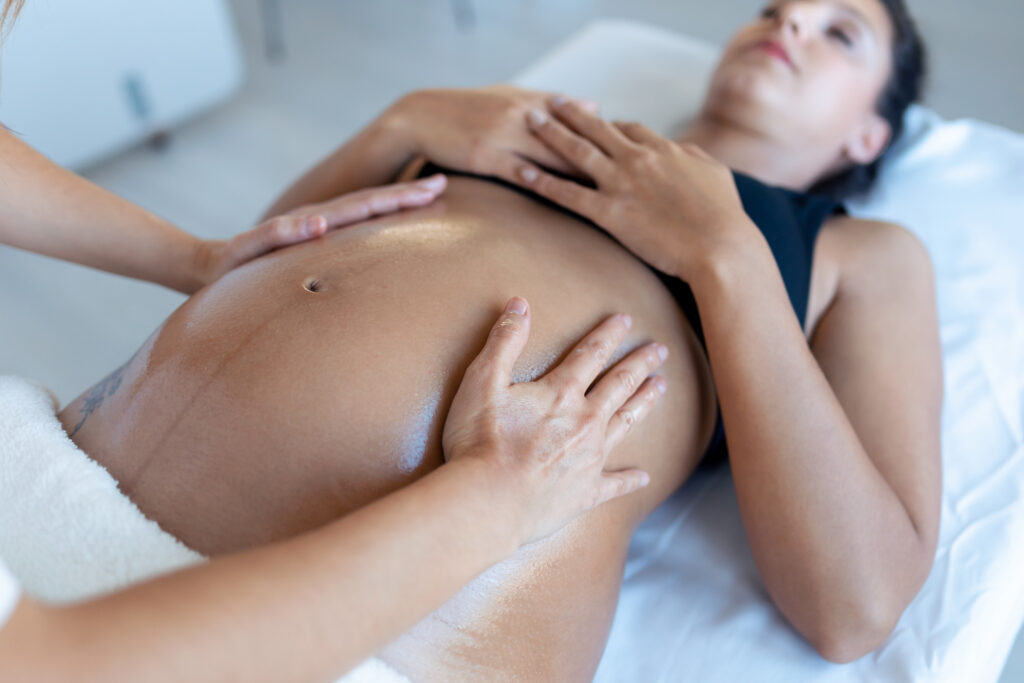
Please book now with Kathryn or contact our team for more information.
